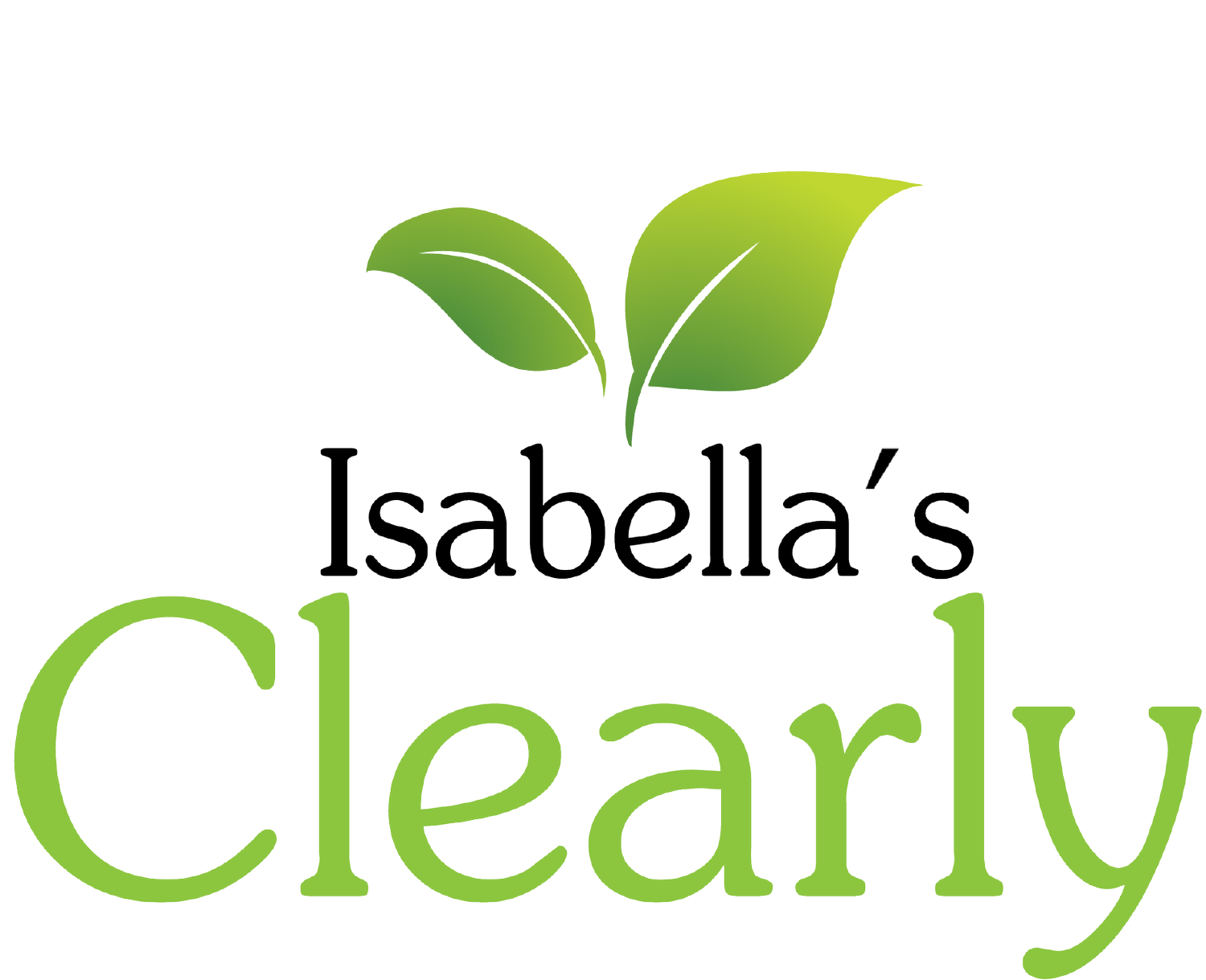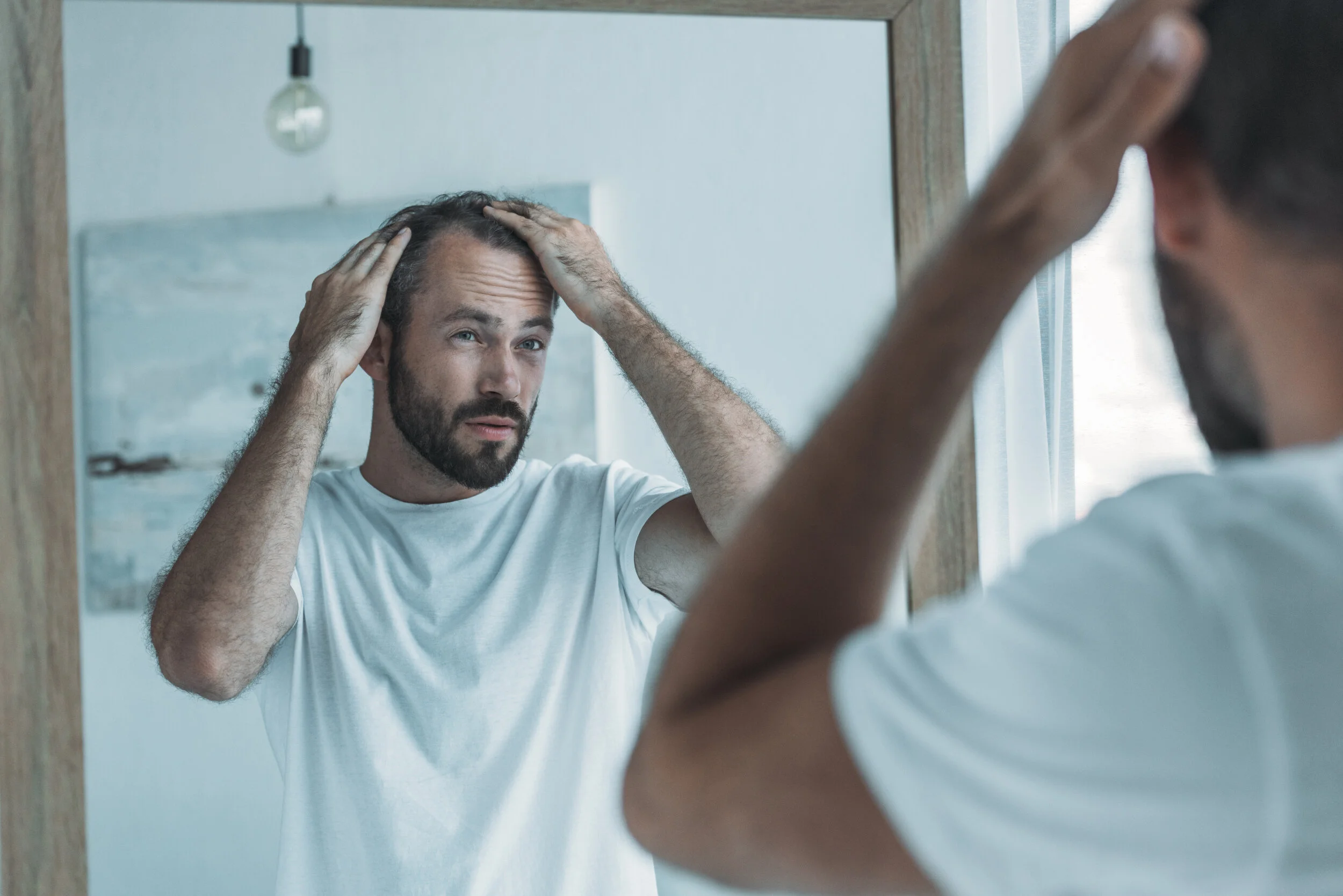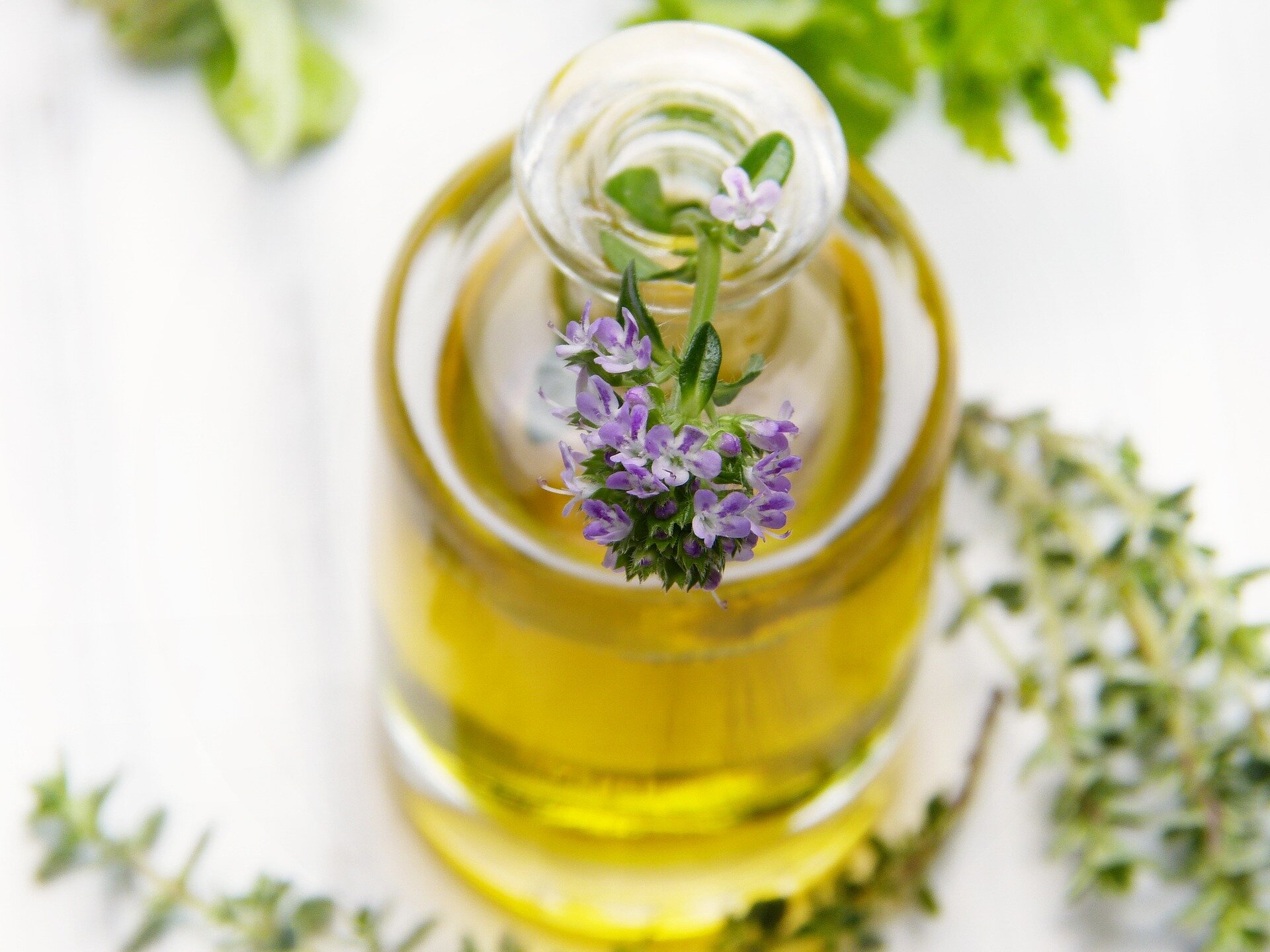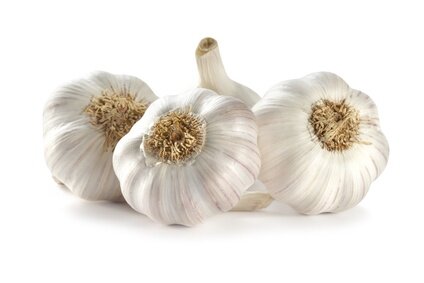Are Natural Hair Loss Treatments Effective?
Hair loss is a fact of life. 85% of men and 40% of women experience visible hair loss by the age of 50. There are many factors that lead to hair loss; most of which are unfortunately out of our control. The most common causes are genetics, hormonal changes, medications and supplements, medical treatments, stress, and over-use of certain hair products or hair styles.
For many people, hair loss can bring on negative emotions such as lowered self esteem, anxiety, or depression. Before turning to surgical hair restoration, prescription medications, or hormone replacement therapies, it may be worthwhile to explore less costly and safer solutions.
Stop Hair Loss and Regrow Hair Naturally
If you are looking for a more natural solution to halt hair loss and encourage new hair growth, there has been some evidence that essential oils are just as effective as medicated treatments, without all the toxins and potential side effects. These amazing oils when applied topically help to stimulate the scalp and revitalize the flow and circulation of blood throughout the body. Keep in mind however, that even though essential oils are plant based and considered a natural solution, they are highly concentrated and should be properly diluted with carrier oils and used with caution.
Peppermint and Rosemary Oils for Hair Loss: Clinically Tested
The menthol in peppermint essential oil when applied topically can stimulate the scalp and hair follicles, increase blood circulation and flow, and encourage the follicles to grow new hair. Strong follicles and roots can also prevent hair from falling out. A 2014 Study published by the Korean Society of Toxicology shows that peppermint oil, when used on mice, increased the number of follicles, follicle depth and overall hair growth, and also performed better than minoxidil, which is a hair growth product approved by the FDA.
Like peppermint, rosemary essential oil helps to improve circulation. Better circulation means hair follicles receive an adequate amount of blood supply and as a result, do not die off. Several clinical studies have shown that rosemary essential oil is particularly effective for treating male or female pattern baldness and may even be effective for alopecia. A 2015 clinical trial published in PubMed.gov suggests that rosemary oil was just as effective as minoxidil in preventing hair loss and encouraging new hair growth.
Reduce Stress and Balance Hormones with Sage and Lavender
Clary Sage and Lavender are also stimulating oils that can be used to reduce hair loss by strengthening the hair follicles and preventing the thickening of the membrane tissues around them, which can cause hair to fall out. Because they are both commonly used to regulate hormones and stress, these oils can be especially beneficial for hair loss caused by stress or hormonal issues.
Create a Healthy Scalp Environment for Hair Growth
Dandruff and buildup of sebum are common causes of clogged hair follicles, leading to hair loss and thinning hair. Essential oils that have anti-inflammatory healing properties can combat these issues and provide hair an ideal scalp environment for healthy growth. Our recommended list of essential oils that are effective against buildup of dandruff and sebum include: Clove, Lemon, Eucalyptus, Ginger and Oregano. Each has unique properties that are beneficial to the scalp and when used together ensure optimal scalp health.
Lengthen the Hair Growth Period with Sulphur
Sulphur is a naturally occurring mineral that is referred to as one of the building blocks of hair. The keratin protein in our hair is high in Sulphur, which is mostly in the form of the amino acid cystine, and is a critical component that contributes to healthy, strong, and elastic hair. One of the benefits of sulphur is that it encourages hair growth and lengthens the hair growth phase of the hair cycle. While Sulphur can be obtained from eating dairy, legumes, broccoli and poultry, topically applying Sulphur rich oils and plant extracts can help boost its effectiveness. We recommend Garlic Oil and Stinging Nettle extract, which are both rich in Sulphur as well as other minerals that can also contribute to a healthy scalp.
Choose the Right Carrier Oil
Whatever blend of essentials oils you choose, it’s important to dilute them properly with a carrier oil before applying to your scalp. Choosing a carrier oil can depend on your hair type (whether it’s oily, dry, frizzy) and the overall health of your scalp. Olive oil, for example can penetrate the hair but is also lightweight which makes it a good choice for oily hair as it will not weigh it down. In addition to acting like a carrier, olive oil is anti-inflammatory so it can also promote a healthy scalp and prevent dandruff. Another great carrier is Castor oil, which is heavier than olive oil making it a great choice for dry or damaged hair. Aside from being an excellent conditioner, it is also known to strengthen the hair follicles and promote hair growth. Other great carriers include Jojoba, Rosehip Seed, Camellia oil, Almond, and Avocado.
Make your Own DIY Hair Growth Recipe
Now that you have some options, we hope that you consider trying out these oils before using medicated treatments that may have negative side effects. The key to successfully using natural products is consistency and a little patience. You will not see results overnight, but when used consistently, you can start to see results in as little as 6-8 weeks of regular use.
To make your own formula, mix 3-5 drops of each essential oil with 1/4 cup of a carrier oil of your choice. Apply this recipe to your scalp and leave in for at least 30 minutes before washing out.
While it’s easy to make your own formula, if short on time, check out Isabella’s Clearly GAIN or Clearly GAIN+ (with Garlic).







